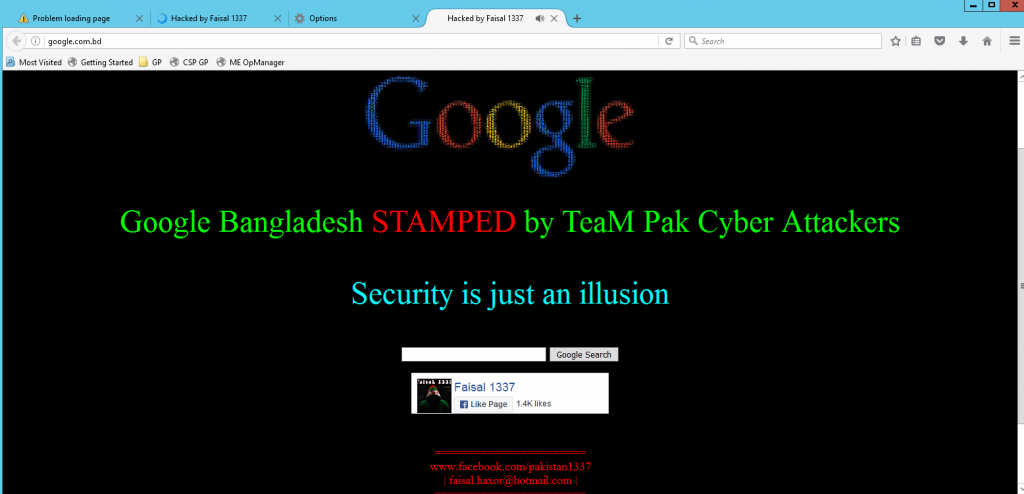Mapping Facebook's FNA (CDN) nodes across the world!
Just back from APRICOT 2018. As I mentioned in my previous blog post, APNIC had its first Hackathon and it was fun (blog post of APNIC here). There was one project on the ranking of CDNs using RIPE Atlas data. To achieve this team was trying to find strings/hostnames which they can trace to and figure out nearby CDN. As part of that, I suggested them to look into www.facebook.com and carefully noting the sources from where elements get loaded. It’s quite common that Facebook.com (or Google.com for the logic) would be hosted on some server at a large PoP while FNA (or GGC) would serve only specific static content out of it. FNA, of course, sits on the IPs of the ISP hosting it. So in the source list, we found scontent.fktm1-1.fna.fbcdn.net and that gives an idea that FNA strings are around logic: scontent.fxxx1-1.fna.fbcdn.net where xxx is the airport code. 1-1 means 1st PoP in 1st ISP over there probably (strong guess!). If there are more FNA nodes in a given area, the number goes further up. The team used it and for now, the project is over. But while I was on the way back to India, I thought that this is very interesting data if we pull the full picture by querying all possible IATA airport codes with a logic. This logic can be used for two things:
